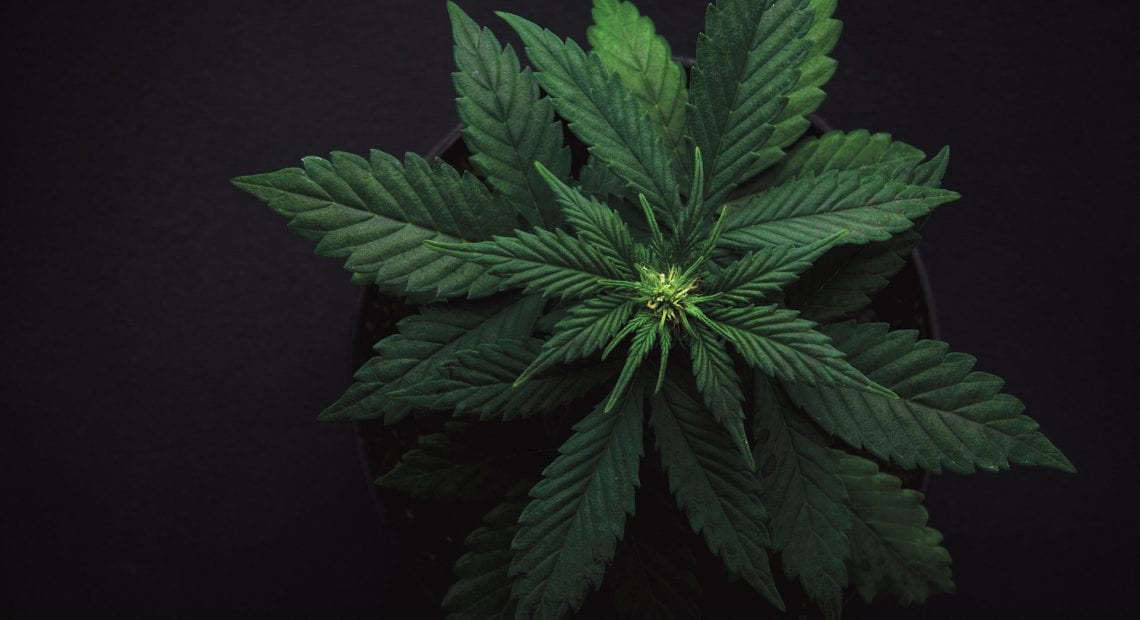
What Authority Do Municipalities Have with Cannabis License Seekers?
MREs and HCAs
By Mary-Lou Rup
Under Massachusetts’ recreational-marijuana statute, those seeking to operate a marijuana retail establishment (MRE) must obtain a license to operate from the Cannabis Control Commission (CCC). Municipalities exercise local control over MRE applicants through ordinances or bylaws setting ‘reasonable’ controls on the time, place, and manner of operations and limiting the number of MREs within their borders.
During the first step of the licensing process, MRE applicants must obtain approval from the municipality, and the municipality and applicant execute a host-community agreement (HCA), which sets forth the conditions under which the MRE can operate. During the second step, the CCC determines to which approved applicants it will issue licenses, which in part requires a one-page certification that the applicant and municipality have executed an HCA.
Municipalities may require that MREs pay a ‘community impact fee,’ statutorily capped at 3% of the MRE’s gross sales for five years, to cover a variety of actual costs to the municipality reasonably related to the MRE’s operations.
“An appeal now pending in the Supreme Judicial Court (SJC) may resolve issues related to the degree to which municipalities exercise control over which applicants move on to the second step.”
In HCAs, many municipalities require additional payments by the MREs, often based on an additional percentage of gross sales and/or charitable donations to entities selected by the municipality. These additional costs have, for the most part, gone unchallenged by MRE applicants anxious to obtain the HCA necessary in order to be licensed to operate.
An appeal now pending in the Supreme Judicial Court (SJC) may resolve issues related to the degree to which municipalities exercise control over which applicants move on to the second step. The case involves Mederi Inc., which sought to operate one of five MREs permitted by the city of Salem. Mederi received the necessary special permit and alleges it met all other requirements of the city’s application process. A city committee reviewed the applications before entering HCAs with four applicants; Mederi was not among them and sued. Dismissal of that suit lead to Mederi’s appeal.
Two arguments made by Mederi are of interest. Mederi challenges the city’s authority to select with which qualified applicants it would enter HCAs, effectively controlling those which the CCC could then consider for licensing. Mederi also argues that the city exceeded its lawful authority by, among other actions, imposing as a condition of its HCA fees in excess of the 3% community-impact fee. Specifically, the city required five annual payments of 1% of gross sales to a ‘traffic-enhancement fund’ and at least $25,000 in charitable contributions to local causes.
Mederi posits that allowing municipalities to utilize these ‘pay-to-play’ provisions and to pre-select which qualified applicants it will allow to advance to the CCC adversely impacts the statute’s provisions giving priority to economic-empowerment applicants — provisions intended to assist areas of disproportionate impact disadvantaged by high rates of criminal activity involving marijuana.
In opposition, the city argues that it could properly decide with which applicants to enter into HCAs. It asserts that the local-control step of the MRE-licensing process allows municipalities to weigh competing proposals and exercise discretion in choosing the most suitable applicants. The city argues that its selected applicants were the “strongest possible operators” based on experience in the marijuana industry and intent to operate in the “least impactful locations” in Salem.
The CCC filed an amicus brief in the case. Pointing to competing legislative mandates, it asserted that, while the statute does not authorize it to regulate or participate in the initial local-control portion of the licensing process, the statute also requires that it give MRE licensing priority to existent medical-marijuana treatment centers and economic-empowerment applicants.
It noted that municipalities’ exclusive control of the HCA process seemed to advantage more experienced and better-resourced applicants, leaving economic-empowerment applicants at a competitive disadvantage, and, in effect, controlled those whose license applications the CCC is able to consider. The CCC has recommended amendments to the statute, addressing, among other matters, this issue and the additional fees imposed in HCAs. Its recommendations are presently under consideration in the legislature.
Stay tuned. The SJC heard arguments on Feb. 3 and, under its usual 130-day timeline, may be expected to issue its decision by early summer.
Mary-Lou Rup served as associate justice of the Massachusetts Superior Court until her retirement in 2018, when she joined the litigation group of Bulkley Richardson as senior counsel.




